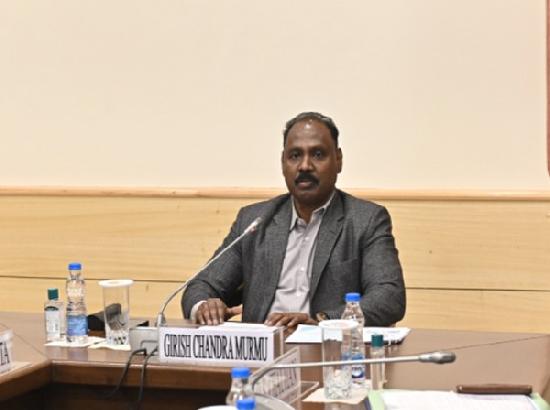Girish Chandra Murmu, the Comptroller and Auditor General (CAG) of India, has been elected as the Chairman of the Asian Organisation of Supreme Audit Institutions (ASOSAI) for the term 2024-2027. This appointment is a significant achievement for India, elevating its role in shaping public auditing standards across Asia.
Understanding ASOSAI
ASOSAI, consisting of 48 Supreme Audit Institutions (SAIs) from across Asia, is dedicated to enhancing public sector auditing to promote transparency and accountability in government finances. The 16th ASOSAI Assembly recently convened with over 200 delegates from 42 countries, including the heads of 22 SAIs, to discuss ways to strengthen regional cooperation and governance.
Key Meetings and Strategic Discussions
Ahead of the assembly, several key meetings were held to set the stage for future initiatives:
- ASOSAI Grant Committee: Reviewed funding for ongoing and upcoming projects.
- Strategic Planning Discussions: Focused on aligning ASOSAI’s goals for 2022-2027.
- Capacity Development Initiatives: Aimed at enhancing auditing skills among member countries.
Introduction of New Working Groups
During the assembly, three new working groups were proposed, each targeting specific audit challenges:
- State-Owned Enterprises Audits – Led by SAI Malaysia.
- IT Audit and Data Analytics – Spearheaded by SAI India.
- Regional and Municipal Audits – Managed by SAI Russia.
These groups are set to bolster financial transparency and improve auditing standards across the region.
Governance Highlights and Future Directions
The 60th ASOSAI Governing Board Meeting saw the approval of several critical reports, including:
- A mid-term review of the 2022-2027 Strategic Plan.
- Updates on the implementation of the Bangkok Declaration 2021, which aims to enhance auditing effectiveness.
- Proposals for new collaborations and regulatory reforms to modernize audit practices.
These actions underscore ASOSAI’s commitment to advancing public governance by ensuring audits are thorough, transparent, and reliable, holding governments accountable for their financial decisions.
About the Comptroller and Auditor General of India (CAG)
Established in 1860, the CAG of India is a constitutional authority under Article 148 of the Indian Constitution. Its primary role is to audit government expenditures at both central and state levels, ensuring accountability and proper use of public funds. The CAG is appointed by the President of India for a six-year term, and its reports are tabled in Parliament and state legislatures, playing a crucial role in financial oversight.
Profile of Girish Chandra Murmu
Born on November 21, 1959, in Betnoti village in Odisha’s Mayurbhanj district, Girish Chandra Murmu hails from a Santal family. He holds a Master’s degree in Political Science from Utkal University and an MBA from the University of Birmingham. As the 14th Comptroller and Auditor General of India, Murmu also serves as an external auditor for the Inter-Parliamentary Union, bringing his extensive experience to the forefront of international public auditing.












